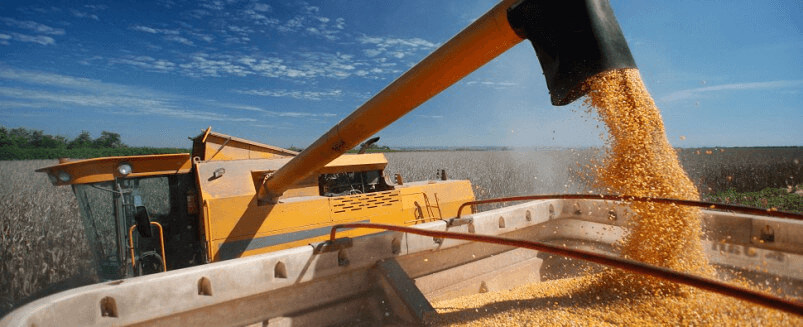Introduction:
Corn, a staple crop in many countries, is not only a vital component of local diets but also a flourishing commodity in the international market. As global demand for this versatile grain continues to rise, the export of corn presents a myriad of opportunities and benefits for producing nations. In this blog post, let’s explore the world of corn exports, shedding light on the economic, agricultural, and geopolitical advantages that come with trading this golden grain on the global stage.
- A Global Staple:Corn, with its diverse uses in food, feed, and industrial applications, has become a global staple. Nations with surplus corn production often look to export their harvests to meet the demand in regions where corn is a dietary staple or a key component in livestock feed.
- Economic Boost:The export of corn serves as a significant driver of economic growth for producing nations. Revenue generated from corn exports contributes to foreign exchange earnings, helping to stabilize economies and fund essential development projects.
- Diversification of Income Streams:For agricultural economies heavily reliant on a single crop, such as corn, exportation introduces a crucial element of diversification. By entering the international market, countries can reduce their vulnerability to fluctuations in local demand and commodity prices, creating a more resilient agricultural sector.
- Fostering Agricultural Innovation:The demand for corn exports encourages agricultural innovation and efficiency. Producers strive to adopt advanced farming practices and technologies to enhance crop yield and quality, meeting the stringent standards of the international market.
- Geopolitical Influence:Countries with a robust corn export industry gain geopolitical influence. As major players in the global food supply chain, they have the ability to shape trade agreements, influence commodity prices, and establish strategic partnerships with other nations.
- Supporting Livestock Industries Worldwide:Corn is a vital component of animal feed, supporting livestock industries worldwide. Corn-exporting nations play a crucial role in ensuring a stable and affordable supply of feed grains, contributing to the sustainability of global livestock production.
- Addressing Food Security:Corn exports contribute to global food security by ensuring a steady supply of this essential grain in regions where local production may be insufficient. As populations grow and dietary patterns change, the ability to access corn from international markets becomes increasingly important.
- Challenges and Considerations:While corn exports offer numerous benefits, challenges such as fluctuating commodity prices, weather-related risks, and trade policies should be considered. Exporting nations must navigate these challenges to maintain a stable and resilient corn export industry.
Conclusion:
As corn fields sway in the breeze across the world, the international trade of this golden grain plays a vital role in shaping economies, fostering agricultural innovation, and addressing global food security challenges. The export of corn is not just a transaction; it’s a dynamic force that connects nations, supports livelihoods, and ensures a steady supply of this versatile grain for people and animals around the globe.

